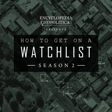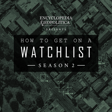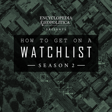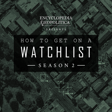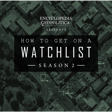
How to Fake Your Identity
In this episode, we speak to former CIA Chief of Disguise Jonna Mendez about faking identities in the world of espionage and intelligence.
Jonna was recruited into the CIA in 1966, where she lived and worked undercover in multiple countries across Europe and Asia. Jonna’s work included denied area operations in complex and high risk locations such as Moscow, East Germany, and Cuba. During her 25 years' experience with the CIA, Jonna was awarded the agency’s Intelligence Commendation Medal, and she is a founding member of the Board of Advisors at the International Spy Museum in Washington, D.C. With her late husband, Tony Mendez, Jonna is the best-selling co-author of Argo, The Moscow Rules, and Spy Dust. Her latest book, In True Face, recounts how determination (and some good fortune) helped her build her incredible career in the face of limited opportunities and misogynistic expectations when it came to women in front line intelligence work, and is available now from PublicAffairs books.
If you enjoyed this episode, don’t forget to subscribe on your podcast platform of choice. Please also consider supporting our work via a Patreon subscription (getting you access to early releases and other perks), or by tipping us on Ko-fi. While the topics we discuss here are often shrouded in secrecy and security classifications, we really hope you’ll tell your friends about us!


